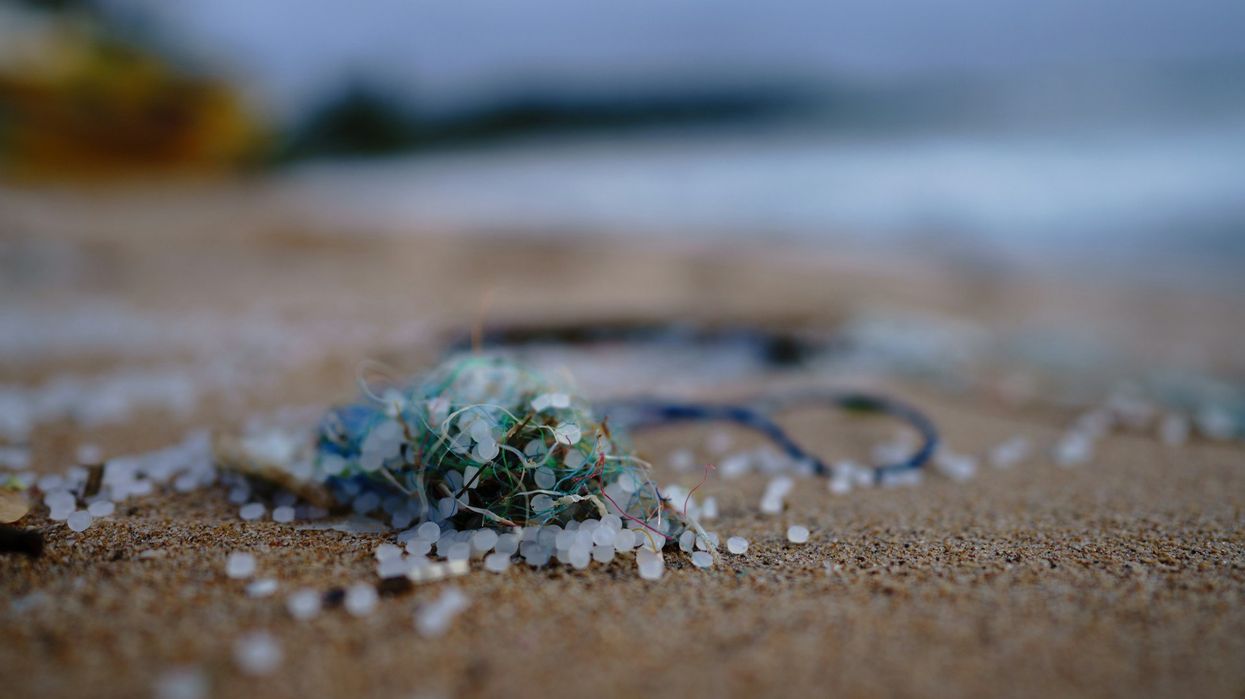
Editor’s note: The note below from Environmental Health Sciences’ founder and chief scientist, Pete Myers, is a featured comment on a recent Washington Post article on microplastic inhalation. Environmental Health Sciences publishes EHN.org.
I have been involved for almost 30 years in the health effects of plastics, especially the chemicals that are their basic ingredients. This article is a major step in the right direction to draw attention to the potential effects of plastics on health.
The article quotes an email from the American Chemical Council, one of the major representatives of the plastics industry, in which they say that the plastics industry has committed $15 million to research into microplastics. That’s vastly better than their PR at the recent UN negotiations on a global plastic treaty (which I attended), in which the plastics industry argued that plastics were so essential to civilization that efforts to constrain their production posed threats to society.
While $15M might sound good, if they repeat their normal process it will largely be research that refutes any health concerns. If they want to be taken seriously, they should set up a funding mechanism that insulates their interests completely from any decision making in the research process. Fund independent scientists to carry out the research, free from industry influence.
Otherwise it will become another PR effort that follows the well worn path of tobacco science.





